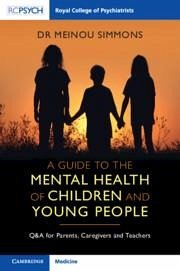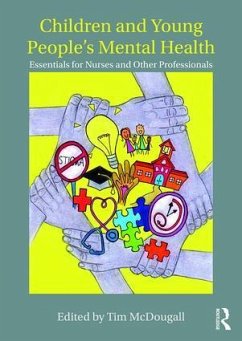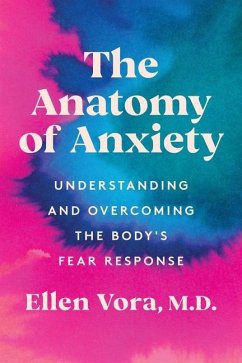
A Guide to the Mental Health of Children and Young People
Versandkostenfrei!
Versandfertig in über 4 Wochen
26,99 €
inkl. MwSt.
Weitere Ausgaben:

PAYBACK Punkte
13 °P sammeln!
"This book started out as a maternity leave project when I was expecting my third child, but then kept me busy for a good while afterwards! First, I would like to thank my husband Sam and my three children for their love, support and patience. My husband also gave me many useful suggestions in the final draft of the book. I am also indebted to family members, colleagues and friends who gave their time to read the manuscript and provide me with useful comments suggestions to improve the book. I am very grateful to my former colleague, Consultant child and adolescent psychiatrist Dr Anne Stewart...
"This book started out as a maternity leave project when I was expecting my third child, but then kept me busy for a good while afterwards! First, I would like to thank my husband Sam and my three children for their love, support and patience. My husband also gave me many useful suggestions in the final draft of the book. I am also indebted to family members, colleagues and friends who gave their time to read the manuscript and provide me with useful comments suggestions to improve the book. I am very grateful to my former colleague, Consultant child and adolescent psychiatrist Dr Anne Stewart, who gave me very helpful developmental points, which have considerably improved the book"--













